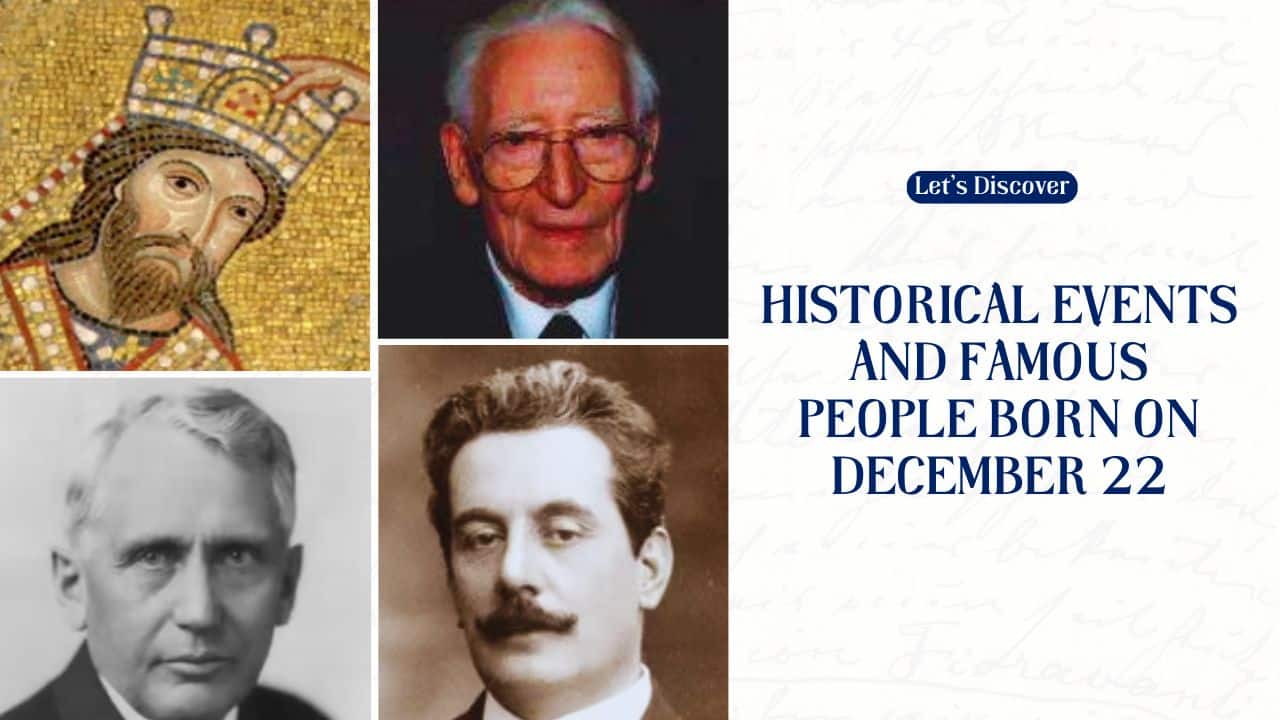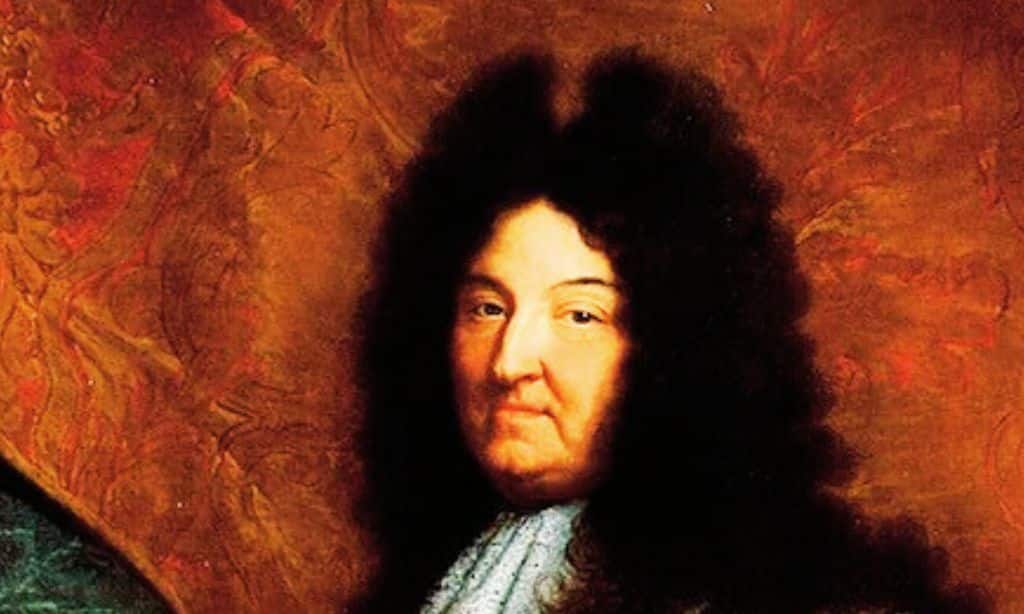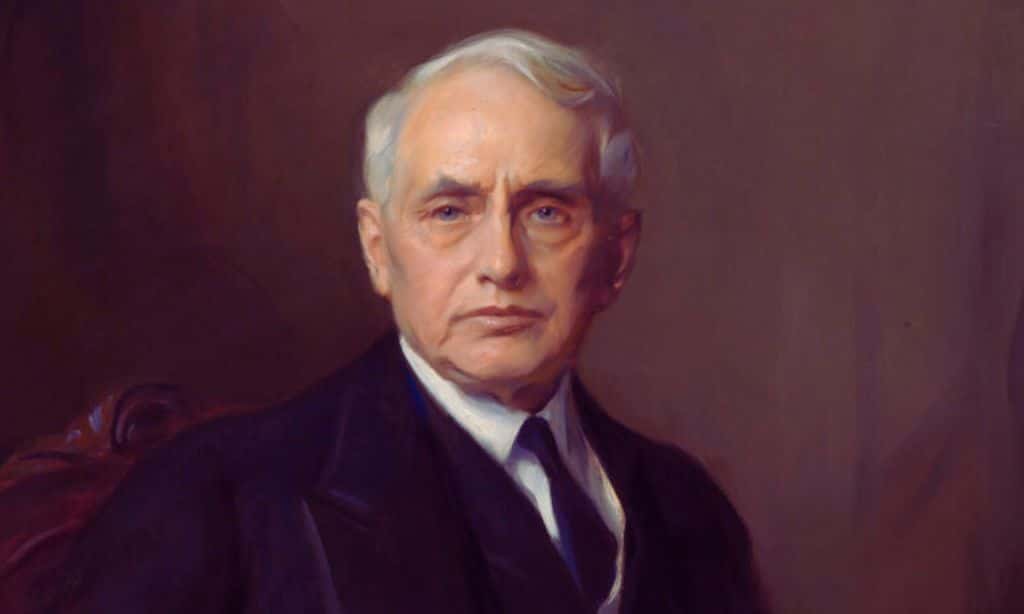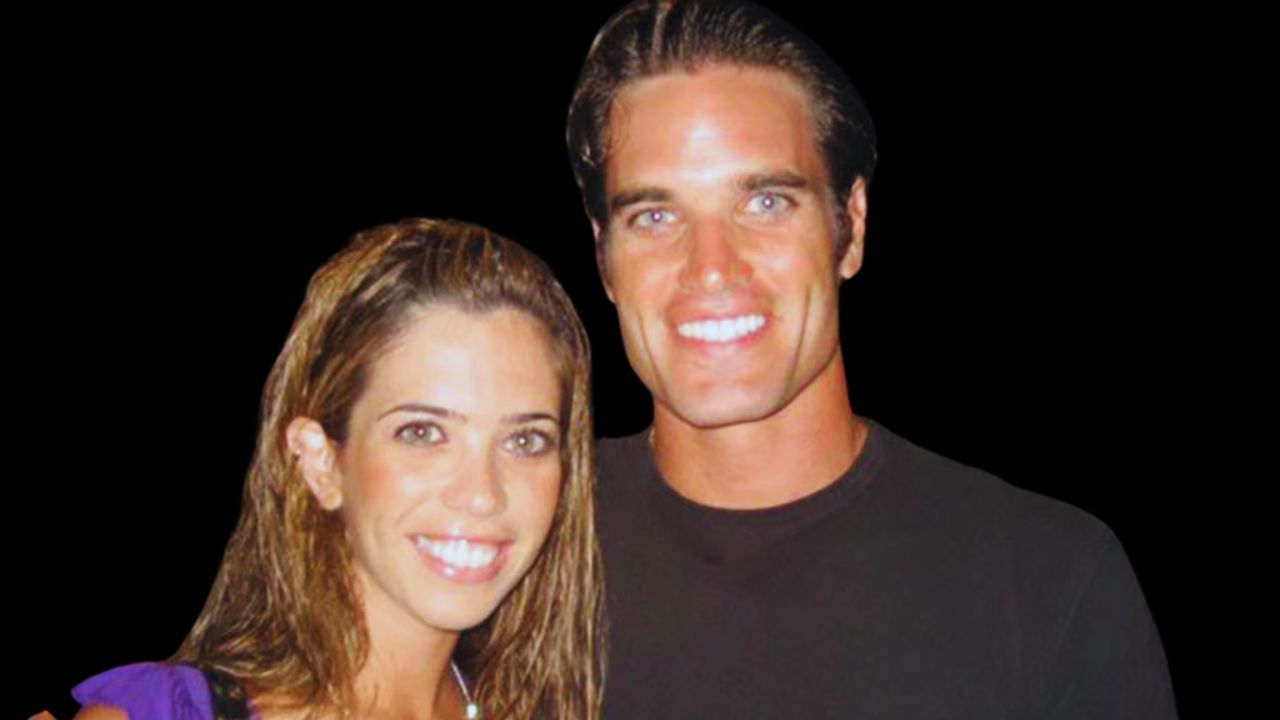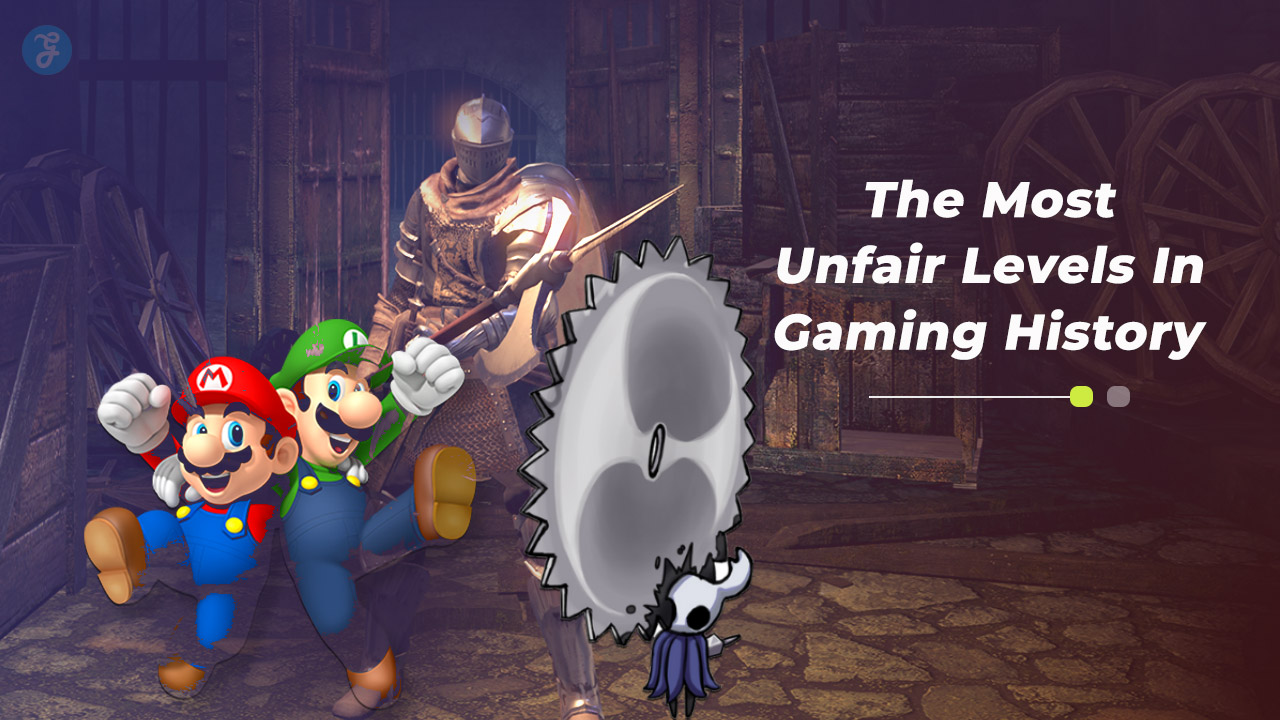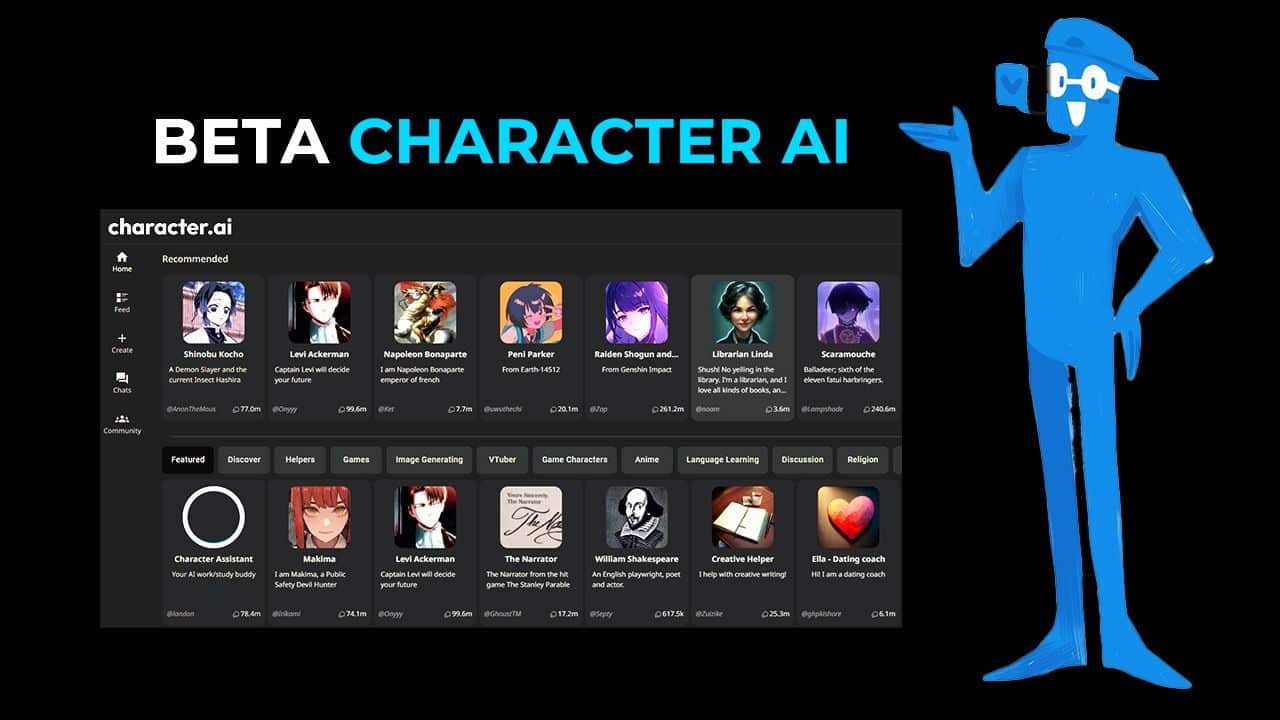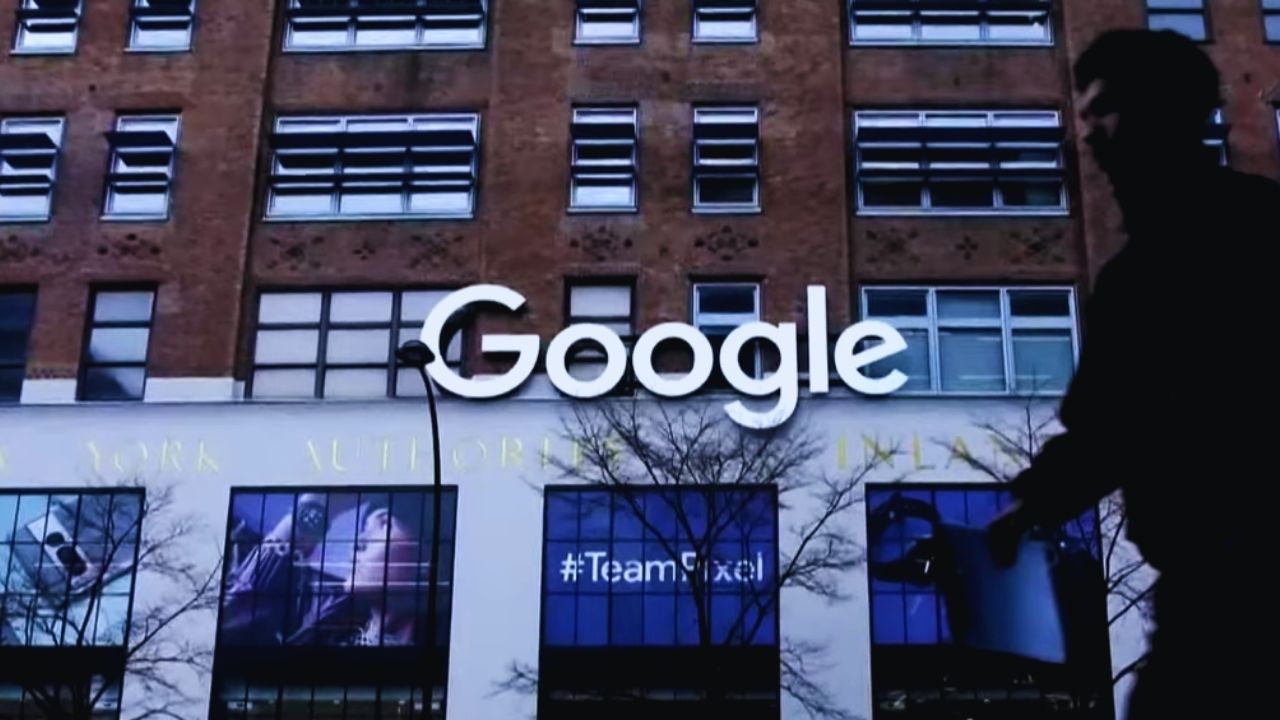December 22 holds a unique place in history. It marks moments of cultural, scientific, and political importance. From groundbreaking events to the birth of notable individuals, this day connects the past to the present. Let us explore some remarkable historical events and celebrate famous personalities born on December 22.
Historical Events of December 22
1. Foundation of the French Academy of Sciences (1666)
The French Academy of Sciences was established under King Louis XIV’s guidance and Jean-Baptiste Colbert’s direction. The academy first met in the King’s Library on this day in 1666.
- Purpose: To promote scientific research and innovation.
- Legacy: The Academy contributed significantly to science, from astronomy to medicine. It laid the groundwork for modern scientific institutions.
- Notable Members: Isaac Newton, Blaise Pascal, and other prominent scientists contributed to its work.
2. Passage of the Embargo Act (1807)
On December 22, 1807, the U.S. Congress passed the Embargo Act, signed into law by President Thomas Jefferson.
- Reason: Tensions between Britain and France endangered American trade ships.
- Key Points:
- It prohibited American ships from trading in foreign ports.
- The goal was to protect U.S. interests without direct involvement in war.
- Outcome: The act severely hurt the American economy but highlighted the risks of global trade during conflicts.
3. Dostoyevsky’s Miraculous Survival (1849)
Russian writer Fyodor Dostoyevsky faced a dramatic life event on December 22, 1849. Fyodor Dostoyevsky was sentenced to death by firing squad, but his execution was halted at the last moment.
- Background: He was arrested for participating in anti-government activities.
- Impact: The traumatic experience deeply influenced his later works, such as Crime and Punishment and The Brothers Karamazov.
- Legacy: Dostoyevsky remains one of the greatest literary figures in history.
4. Diego Rivera Retrospective (1931)
The Museum of Modern Art in New York opened a retrospective exhibition of Mexican artist Diego Rivera on December 22, 1931.
- Highlights:
- The show featured murals, sketches, and paintings reflecting Mexican culture and politics.
- Rivera’s work showcased the struggles and resilience of ordinary people.
- Significance: It introduced Mexican art to a global audience and established Rivera’s reputation as an influential artist.
5. Development of the V-2 Rocket (1942)
During World War II, Adolf Hitler signed the order to develop the V-2 rocket as a weapon on December 22, 1942.
- Purpose: To create a long-range missile capable of striking distant targets.
- Impact:
- The V-2 was the first rocket to reach outer space.
- It played a dual role in advancing space exploration and warfare technology.
- Ethical Concerns: While it symbolized innovation, the rocket caused significant destruction.
Famous Birthdays on December 22
1. Roger II of Sicily (1095-1154)
Roger II was a medieval ruler who unified and ruled Sicily. His reign was marked by cultural and administrative achievements.
| Name | Roger II |
|---|---|
| Born | December 22, 1095, in Mileto, Calabria |
| Role | Count of Sicily (1105-1130); King of Sicily (1130-1154) |
| Key Achievements | Unified Sicily; Promoted cultural integration |
| Legacy | Known as a skilled administrator and diplomat |
2. Frank Kellogg (1856-1937)
Frank Kellogg was a U.S. politician and diplomat who worked to promote world peace.
| Name | Frank Kellogg |
| Born | December 22, 1856, in Potsdam, New York |
| Role | U.S. Secretary of State (1925-1929) |
| Key Achievements | Co-author of the Kellogg–Briand Pact; Nobel Peace Prize (1929) |
| Legacy | Efforts to outlaw war through diplomacy |
3. Giacomo Puccini (1858-1924)
Giacomo Puccini was a renowned Italian composer famous for his operas.
| Name | Giacomo Puccini |
| Born | December 22, 1858, in Lucca, Tuscany |
| Profession | Composer |
| Key Works | La bohème, Tosca, Madame Butterfly |
| Legacy | One of the greatest opera composers |
4. Haldan Keffer Hartline (1903-1983)
Haldan Keffer Hartline was an American biophysicist who studied vision.
| Name | Haldan Keffer Hartline |
| Born | December 22, 1903, in Bloomsburg, Pennsylvania |
| Field | Biophysics |
| Key Achievements | Nobel Prize in Physiology or Medicine (1967) |
| Legacy | Contributions to understanding visual perception |
5. Tommy Flowers (1905-1998)
Tommy Flowers was an English engineer who created the world’s first programmable computer.
| Name | Tommy Flowers |
| Born | December 22, 1905, in Poplar, London |
| Profession | Engineer |
| Key Achievements | Designed Colossus, the first programmable computer |
| Legacy | Pioneer in modern computing and cryptography |
Reflection on the Day’s Significance
December 22 showcases human achievements across various fields. The day connects groundbreaking science, art, and diplomacy. It reminds us of the importance of learning from history and celebrating the lives of influential people. Each event and personality contributes to shaping our world today.
Fun Facts About December 22
- It marks the winter solstice in the Northern Hemisphere, the shortest day of the year.
- National Mathematics Day is celebrated in India on this day in honor of Srinivasa Ramanujan.
Takeaway
December 22 is more than just a date; it represents innovation, resilience, and creativity. From the foundation of the French Academy of Sciences to Dostoyevsky’s survival, these events inspire reflection. Famous figures like Roger II, Frank Kellogg, and Tommy Flowers show us the power of leadership, peace, and invention. Let us cherish the lessons of history and strive for a better future.
References
- Encyclopædia Britannica – French Academy of Sciences.
- National Archives – Embargo Act of 1807.
- Dostoyevsky’s Life and Works – The Fyodor Dostoyevsky Museum.
- Museum of Modern Art Archives – Diego Rivera Retrospective.
- Smithsonian Institution – Development of the V-2 Rocket.
- Nobel Prize – Haldan Keffer Hartline’s Contributions.
- UK National Museum of Computing – Tommy Flowers and Colossus.


